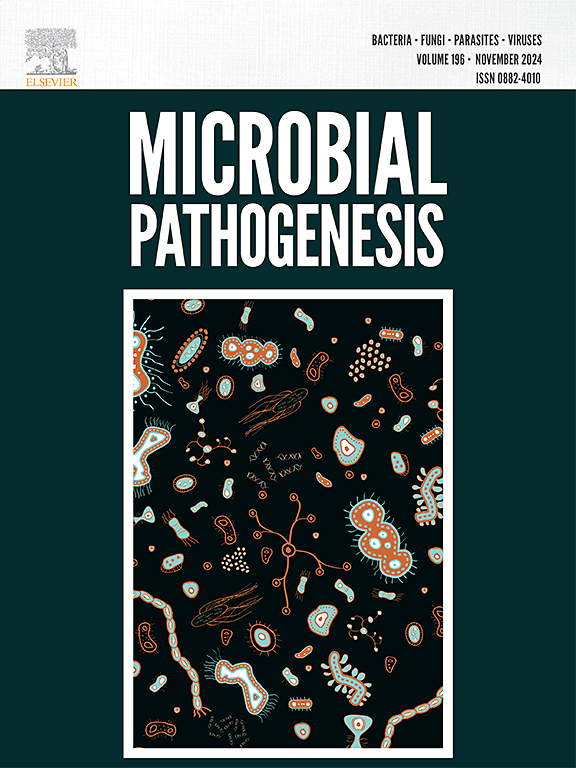雷米替韦治疗对 COVID-19 患者因子 VIII 基因表达和血液学参数的影响
IF 3.3
3区 医学
Q3 IMMUNOLOGY
引用次数: 0
摘要
本文章由计算机程序翻译,如有差异,请以英文原文为准。
Impact of remdesivir treatment on factor VIII gene expression and hematological parameters in COVID-19 patients
The novel coronavirus, COVID-19, which was first identified in December 2019 rapidly spread worldwide and was declared a global pandemic. Beyond respiratory symptoms, COVID-19 often results in coagulation and vascular endothelium disorders, causing increased clotting and bleeding, which are closely linked to the acute phase of the infection. Factor VIII is a crucial protein in the blood coagulation cascade, and elevated FVIII levels have been linked to thrombotic events in COVID-19, highlighting the need to understand its behavior during treatment. Remdesivir is an antiviral drug that has shown promise in reducing recovery time and mortality rates in COVID-19 patients. This study aims to examine the changes in blood factors and the expression of the factor VIII gene in patients treated with Remdesivir.
Blood samples were collected from 30 COVID-19 patients before and after Remdesivir treatment and from 20 healthy individuals. Patients with underlying diseases were excluded from the study. RNA was extracted from these samples, followed by cDNA synthesis. The expression of the factor VIII gene was analyzed using Real-Time PCR. The results indicated that blood factors such as Urea, ALK, AST, WBC, and CRP were elevated in the patient group compared to the control group. At the same time, FBS, Urea, ALK, AST, WBC, RDW, INR, and K levels increased in the Remdesivir treatment group (P < 0.001). Conversely, MCHC, RBC, and Ca levels decreased in both patient and treatment groups compared to the control group (P < 0.001). The expression of the FVIII gene was upregulated approaching 2 times in COVID-19 patients and 1.5-fold in the treatment group compared to the control group (P < 0.001). However, no significant changes were observed in FVIII expression before and after Remdesivir treatment. However, a positive correlation between RBC, FBS, and Urea in the patient group and a negative correlation between RDW and FVIII expression levels was observed. In the treatment group, FVIII expression level correlated negatively with Urea, P, and RDW. These findings suggest that elevated FVIII levels are associated with disease severity and excessive coagulation in COVID-19 patients. Additionally, Remdesivir does not appear to exacerbate the coagulation process.
求助全文
通过发布文献求助,成功后即可免费获取论文全文。
去求助
来源期刊

Microbial pathogenesis
医学-免疫学
CiteScore
7.40
自引率
2.60%
发文量
472
审稿时长
56 days
期刊介绍:
Microbial Pathogenesis publishes original contributions and reviews about the molecular and cellular mechanisms of infectious diseases. It covers microbiology, host-pathogen interaction and immunology related to infectious agents, including bacteria, fungi, viruses and protozoa. It also accepts papers in the field of clinical microbiology, with the exception of case reports.
Research Areas Include:
-Pathogenesis
-Virulence factors
-Host susceptibility or resistance
-Immune mechanisms
-Identification, cloning and sequencing of relevant genes
-Genetic studies
-Viruses, prokaryotic organisms and protozoa
-Microbiota
-Systems biology related to infectious diseases
-Targets for vaccine design (pre-clinical studies)
 求助内容:
求助内容: 应助结果提醒方式:
应助结果提醒方式:


